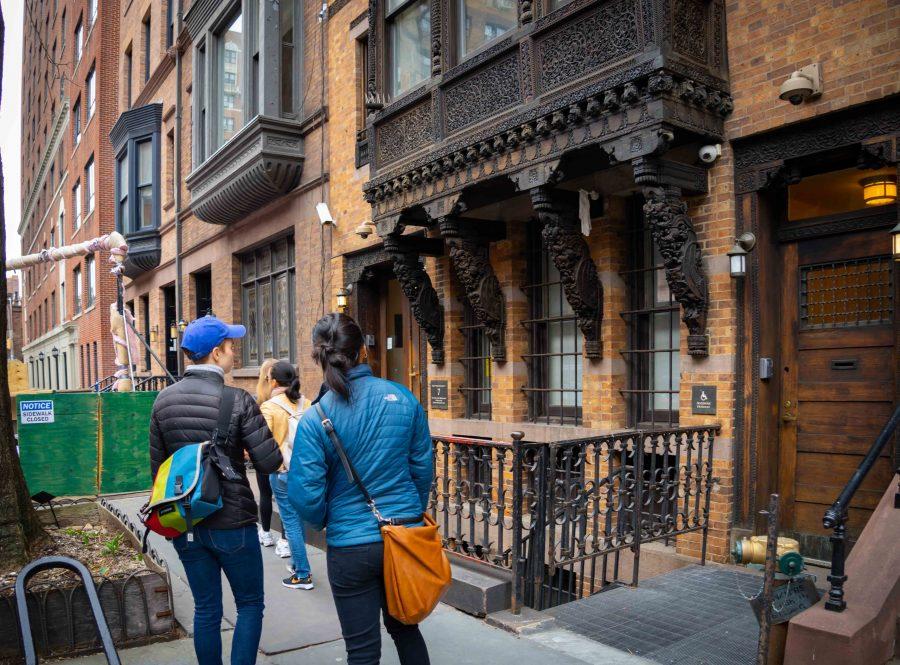During holidays such as Rosh Hashanah and Yom Kippur, some Jewish students restrict themselves from using electricity or writing. A letter sent to the university backed by student government proposed that NYU should not have school in observance of these holidays.
Stern junior Revital Chavel wrote the letter, which asks that NYU cancel classes on the three days that make up the Jewish holidays of Rosh Hashanah and Yom Kippur, and also incorporate a more substantial policy concerning due date extensions. Rosh Hashanah, which marks the Jewish New Year, serves as a day of judgment. Ten days later, during which people are meant to repent, comes Yom Kippur, when Jewish people also fast for 24 hours. In addition to the restrictions on electricity and writing, those observing the holidays must also attend synagogue for prayer for a large portion of the day.
NYU’s policy does not allow students to be penalized for missing a class due to a religious holiday, although it does not explicitly give off for any of them, such as Good Friday or Diwali. Gallatin first-year Sara Fuchs said that though students are not penalized, they are still impacted.
“That’s great and all to have as a policy, but it still affects you,” Fuchs said. “By missing a class you’re behind on it, you don’t get the lecture, you don’t get to hear what’s going on and you don’t get to participate.”
A petition in 2017 with the same proposal failed to result in any policy changes by the University Senate, the body that decides on how to structure the academic calendar. In addition to days off, Chavel’s letter asks for students to be granted extensions on assignments equal to the number of days spent observing the holidays.
“The accommodations that NYU is making is not enough considering the features of the holidays,” Chavel said, referring to the restrictions imposed on electronic use and work.
Stern first-year Max Greenstein said the restrictions can impede a student’s ability to study or complete schoolwork.
“Studying for a math test, for example, we can’t write out equations, or other things where you need to write, use a calculator,” Greenstein said. “Having those three days off would put us on the same playing field as everyone else.”
Greenstein said that having to complete assignments before the holidays, even if the deadline is extended, can also affect his mentality going into it.
“It’s not only the restrictive nature of certain activities, it’s also the spirit of the day,” Greenstein said. “If Rosh Hashanah is coming up, that’s considered the day of judgment for us, so a week beforehand we don’t want to have our minds set on school or academics when something much more important is coming up.”
A version of this article appeared in the Monday, March 25th, 2019, print edition. Email Victor Porcelli at [email protected].


























































































































































